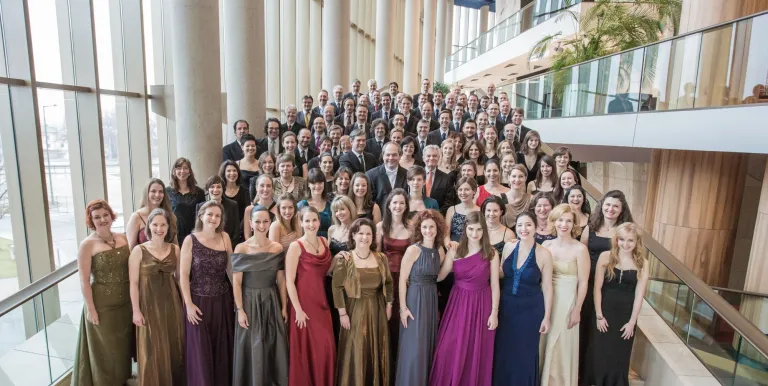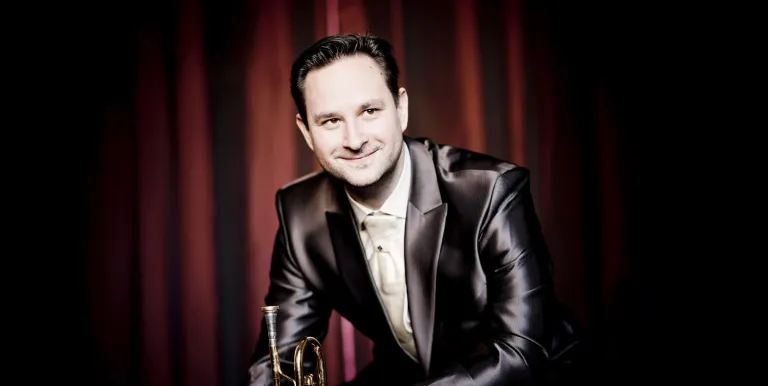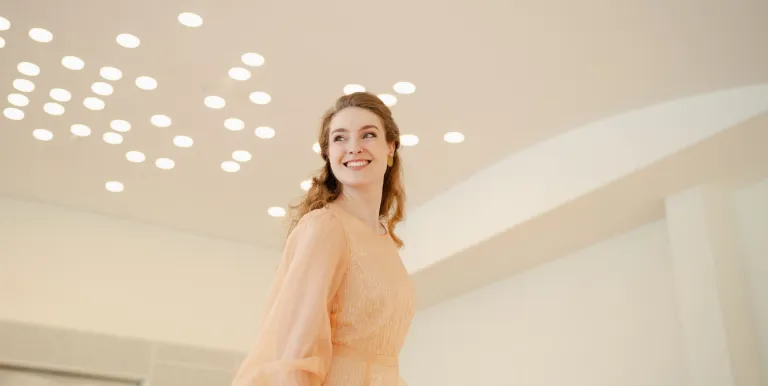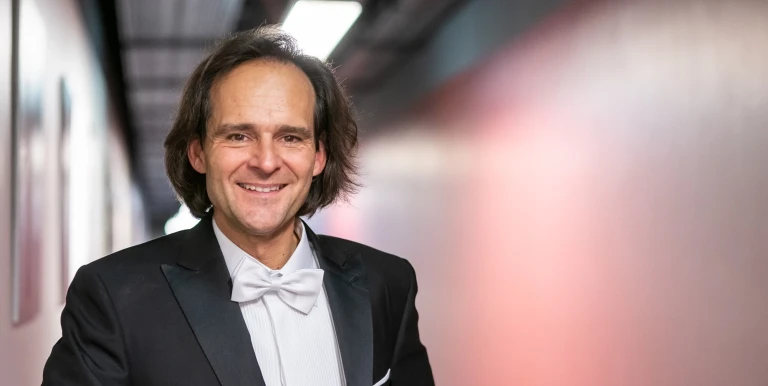one interval
Conductor:
Featuring:
Bring up the subject of the Passion - as a musical genre - to Hungarian music aficionados, and they are most likely to immediately think of two essential works by Johann Sebastian Bach: his Saint Matthew and Saint John passions. This is true even though other composers also wrote successful and frequently performed works in this format that evokes the suffering of Christ.
The Müpa Budapest audience first had the opportunity to hear Handel's Brockes Passion in a March 2016 performance featuring the Hungarian Radio Choir and Capella Savaria under the baton of Howard Arman together with superb vocal soloists. This concert a year later can be considered a natural continuation of that evening. Why? The respected Hamburg senator Barthold Heinrich Brockes, who was also a noted poet and writer and an archetypal figure of the German Enlightenment, first published his passion libretto Der für die Sünde der Welt gemarterte und sterbende JESUS (The Story of Jesus, Suffering and Dying for the Sins of the World), in 1712. The work went through 30 editions over the next decade and a half and inspired numerous composers of the day to set it to music, including Reinhard Keiser (1712), Georg Philipp Telemann (1716), Johann Mattheson (1718), Johann Friedrich Fasch (1723), Gottfried Heinrich Stölzel (1725) and Johann Caspar Bachofen (1759). What's more, the influence of the Brockes text can also be detected in Bach's two more familiar passions, which employ both specific passages and the form of dramatic dialogue that was invented by Brockes.
This means that, after experiencing Handel's version last year, it will be well worth finding out how another composer of the era, Telemann, who was Bach's good friend and godfather to his son, himself set the renowned passion libretto to music.
Presented by: Müpa Budapest
-
We wish to inform you that in the event that Müpa Budapest's underground garage and outdoor car park are operating at full capacity, it is advisable to plan for increased waiting times when you arrive. In order to avoid this, we recommend that you depart for our events in time, so that you you can find the ideal parking spot quickly and smoothly and arrive for our performance in comfort. The Müpa Budapest underground garage gates will be operated by an automatic number plate recognition system. Parking is free of charge for visitors with tickets to any of our paid performances on that given day. The detailed parking policy of Müpa Budapest is available here.










